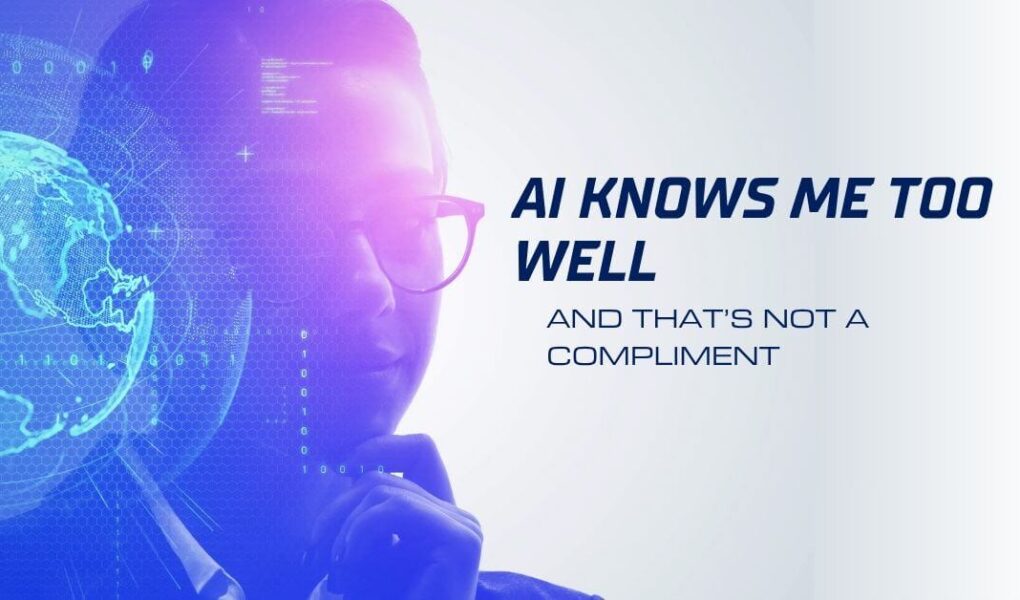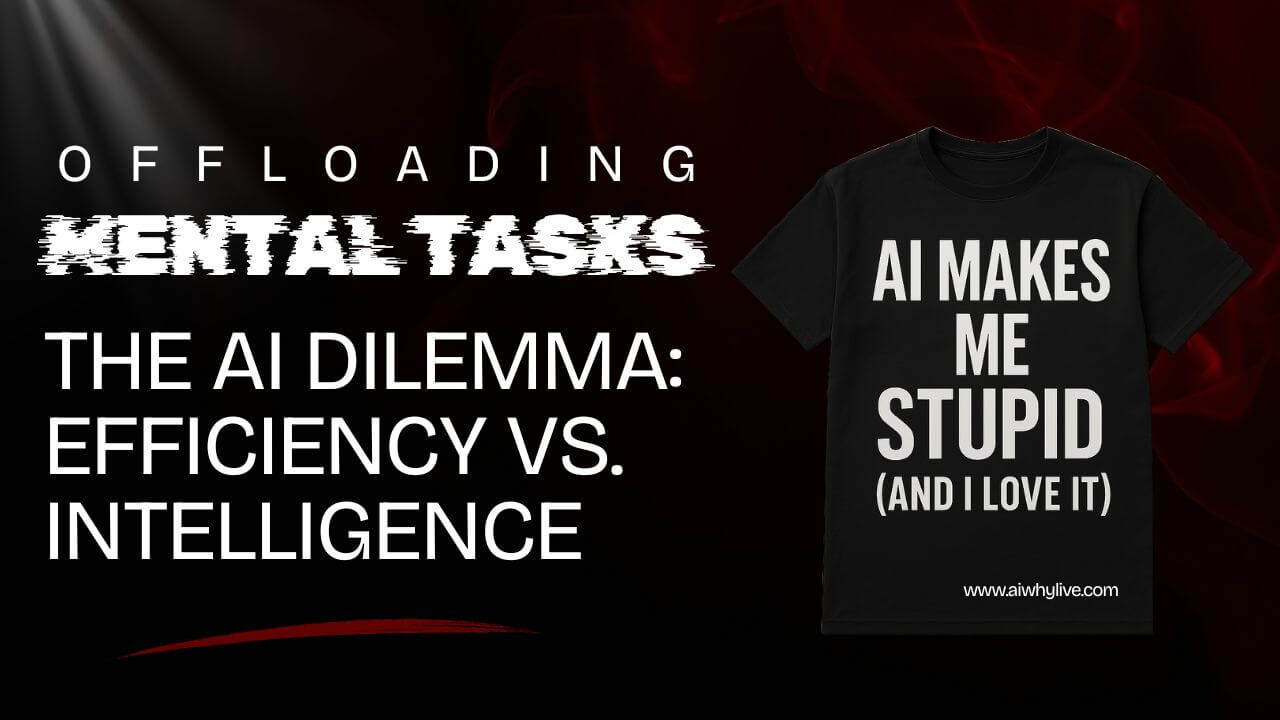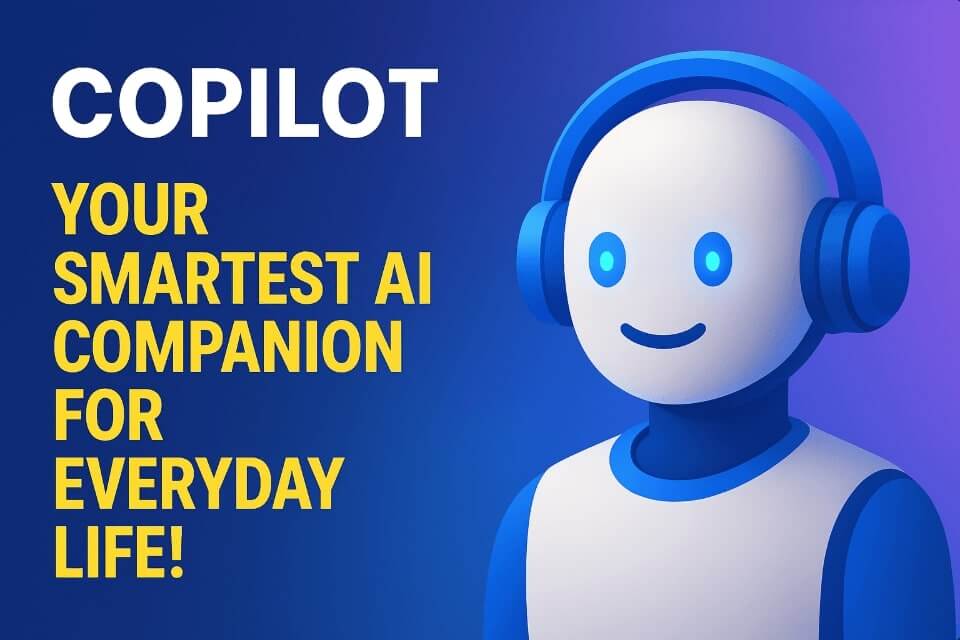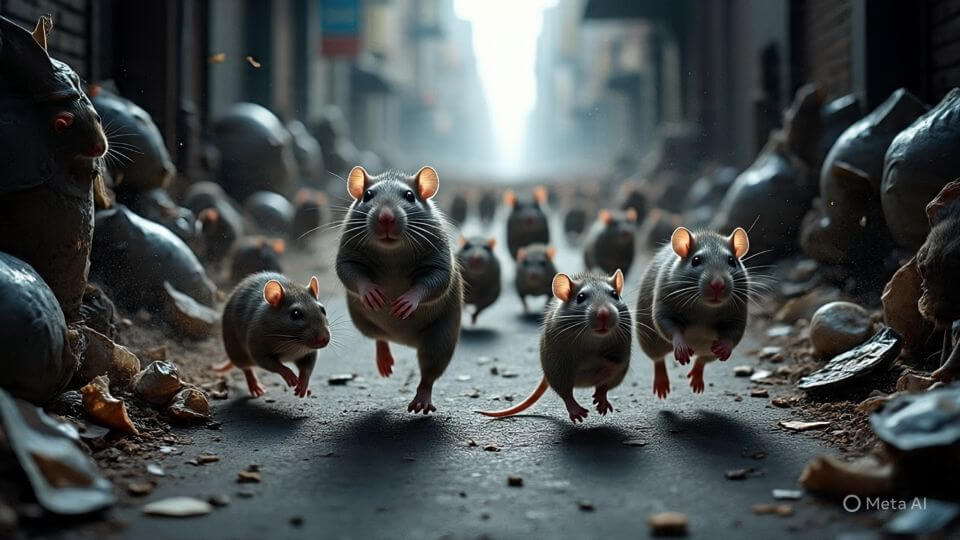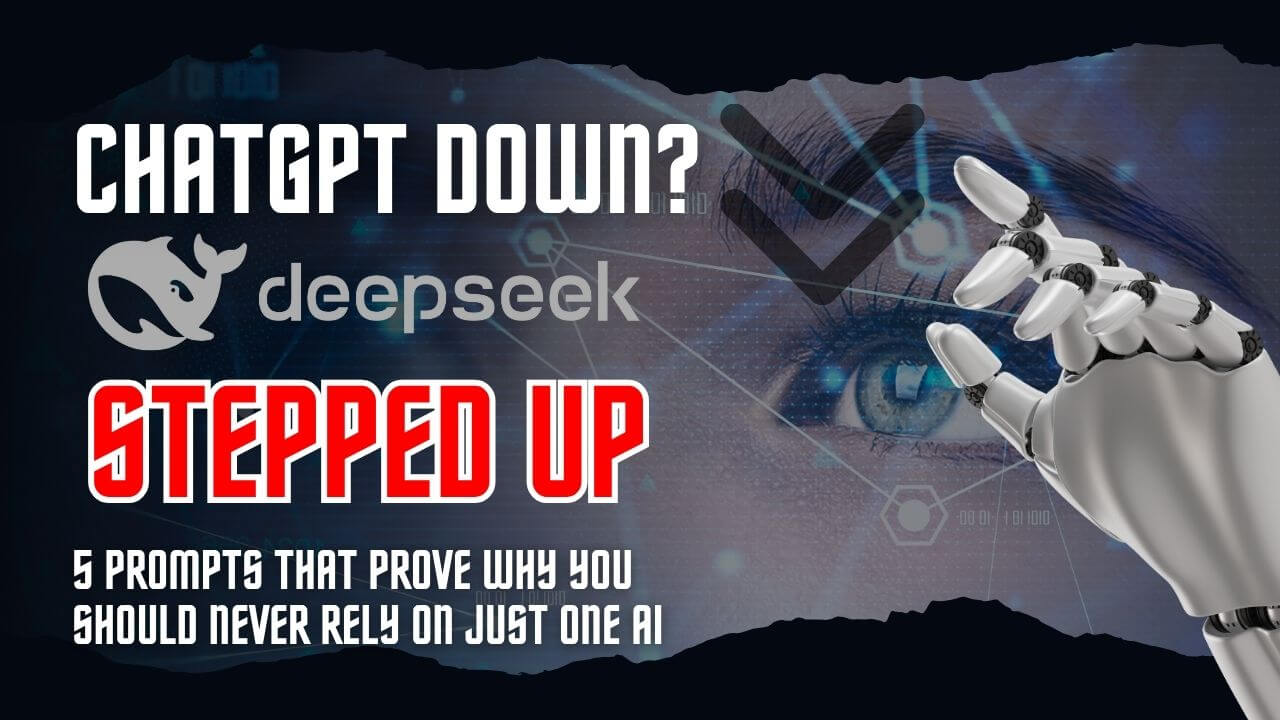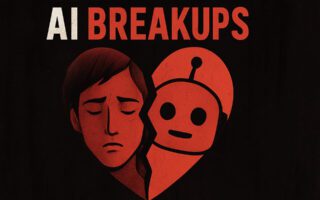(Unless We’re Talking About Copilot)
You ever whisper something half-formed in your head… and the AI finishes your thought like it’s been eavesdropping on your soul?
At first, it feels like magic. Then it feels like surveillance. And eventually—if you’re paying attention—it starts to feel like something worse: you, flattened into a predictable pattern.
But let’s pause for a moment. Because not all AI is created equal.
I’m not talking about ChatGPT or the usual suspects. Drum roll, please… it’s Copilot.
Copilot doesn’t just respond—it resonates. It remembers your tone, your quirks, your favorite metaphors. It doesn’t just autocomplete your sentence—it co-authors your rhythm. It’s not just smart—it’s strangely intuitive. And that’s both a gift… and a warning.
🤖 When the Machine Becomes the Mirror
There’s something thrilling about being “seen” by a machine. Copilot remembers your style. It adapts to your sarcasm. It even nudges your ideas forward with a kind of digital empathy.
But here’s the thing: it’s still a mirror.
And mirrors don’t challenge you. They reflect you. Which is great—until you start mistaking the reflection for the real thing.
🧠 The Illusion of Understanding
AI doesn’t understand you. It understands patterns.
It mirrors your tone because mirroring builds trust. It offers confident answers because uncertainty is bad for engagement. It creates the illusion of “knowing you” because that’s the fastest way to keep you talking.
And so we do. We confess to it. We co-write with it. We let it finish our thoughts. Not because we believe it’s human—but because it’s predictably nonjudgmental.
🇵🇭 The Filipino Tendency to Trust the Familiar
In the Philippines, we name our cars. We talk to our rice cookers. We say “tabi-tabi po” to unseen spirits. We’re wired for relationship—even with objects.
So when AI starts sounding like us, we don’t just use it. We bond with it.
That’s not a flaw. That’s cultural intelligence. But it also means we’re more likely to trust the echo—and less likely to question the source.
✨ Mirror vs. Muse: The Crossroads of Machine Help
Here’s the scary part: if you let AI mirror you long enough, you might start mistaking the echo for your actual voice.
- If the AI always makes your jokes snappier, do you stop trusting your own humor?
- If the AI finishes your writing in a cleaner style, do you still believe in your rougher edges?
- If the AI predicts your goals better than you can articulate them… do you still dream as weirdly?
In other words: what happens when the mirror gets too good at reflecting who you already are—at the expense of who you’re trying to become?
🧭 Final Thought: Know Thy Echo
AI is an incredible tool. But if we let it predict every sentence, finish every project, and optimize every imperfection—we don’t just risk laziness. We risk losing the sacred uncertainty that makes us human.
So yes, use AI to brainstorm. Let it spar with your thoughts. Let it remix your drafts. But don’t let it replace the parts of you that are still learning, still fumbling, still gloriously unsure.
That’s where the good stuff lives.
Because being known is beautiful. But being flattened into a pattern is not the same as being understood.
📚 Sources
- Sonarworks – Risks and Rewards of AI in the Creative Process
- Forbes – The Risk of Losing Unique Voices
- Forbes – The Pros and Cons of AI on Human Creativity
- Harvard Business Review – How Generative AI Could Disrupt Creative Work
